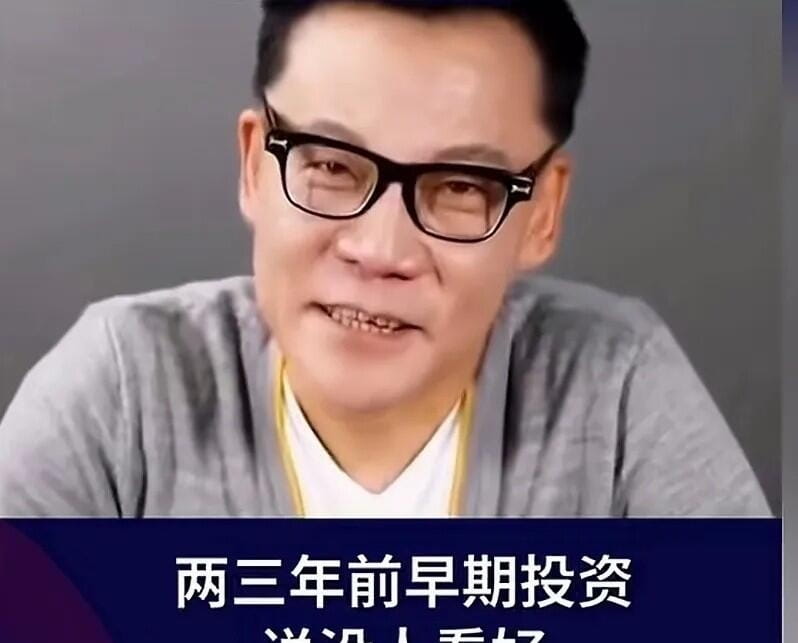Li Guoqing said that the bubble Mart company, valued at hundreds of billions, approached his company three years ago hoping to secure investment, but the company felt they couldn't understand the other party and thought it was just a toy, nothing remarkable. The key issue was that they believed the business model was wrong; how could selling toys to adults be a viable business model?
Isn't this nonsense? The reason adults are called adults is that their external behavior is more rational and mature. How could adults like toys that children enjoy? So they rejected it.
At that time, Wang Ning, the founder of Bubble Mart, had approached many investors, but they were all turned down. Investors thought Wang Ning's educational background was very ordinary and he had no experience working in large companies, and his product presentations lacked charisma; his chances of entrepreneurial success were deemed too small.
Li Guoqing's misjudgment reflects the traditional business mindset's insufficient sensitivity to new consumption trends. Around 2018, when Bubble Mart approached them, the company's annual revenue had just surpassed 100 million, but it had already shown a unique product logic—transforming toys into collectibles through a blind box mechanism, combined with limited edition strategies to stimulate repurchase.
This design allowed users to have an average consumption frequency of 12 times a year, far exceeding the industry standard of 3-4 times for ordinary toys. Unfortunately, at that time, most investors focused more on the founder's background rather than data potential.
Zhou Lixia from Jinhui Investment became one of the few investors who understood the model. When she first encountered Bubble Mart in 2015, she particularly noted the team's emphasis on financial compliance. At that time, Wang Ning's team spent three months working with investors to sort out all accounts, and this execution capability led Zhou Lixia to decisively invest when the valuation was only 300 million.
This confirms that the pragmatic style of the founding team is more valuable for investment than superficial resumes. Later, Bubble Mart's single-day sales broke 82 million during the Double Eleven shopping festival in 2019, validating the explosive commercial potential of this characteristic.
The phase that was overlooked by mainstream capital instead achieved excessive returns for early investors. Fengqiao Capital accompanied Bubble Mart's growth since 2011, achieving more than a hundredfold return when they exited in 2025. This long-term commitment stands in stark contrast to Li Guoqing's repeated mention of 'only looking at short-term data'; in 2024, Bubble Mart's overseas revenue grew by 375% year-on-year to 5.07 billion, proving that its business model has cross-cultural adaptability.
The sensitivity demonstrated by Wang Ning's team in product iteration ultimately broke the bias. They discovered that users not only purchased toys but also found emotional comfort in the collecting process, such as a consumer in their sixties who expressed their longing for their daughter through the Molly doll. This deep demand insight has driven the continuous expansion of the Bubble Mart IP matrix, with 10 IPs exceeding 100 million in sales in 2023, and top IPs generating annual revenues exceeding 700 million.




